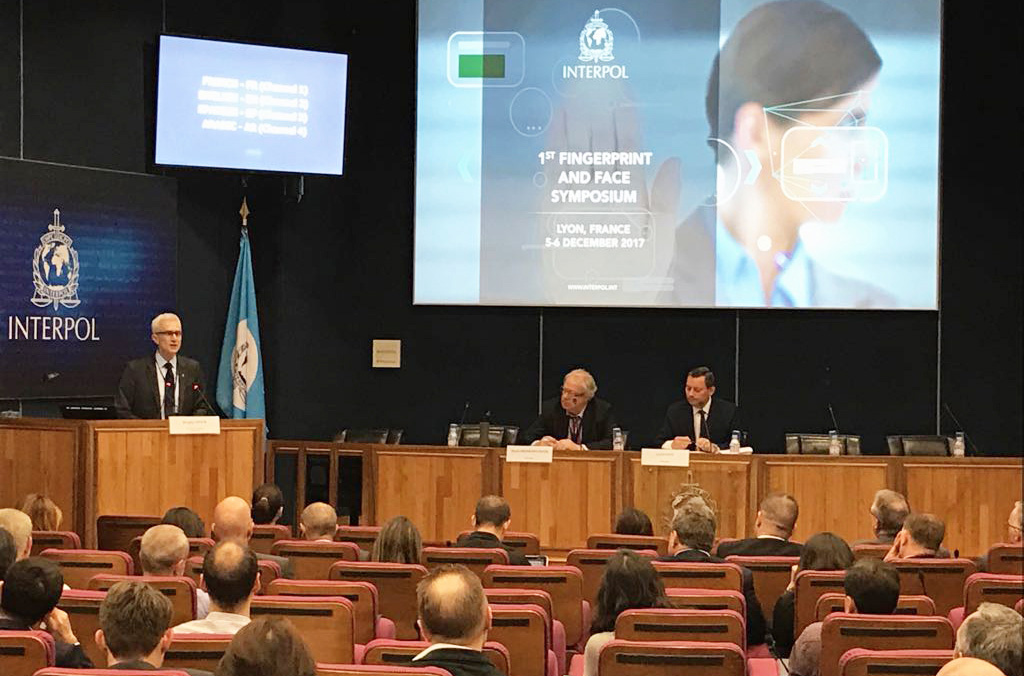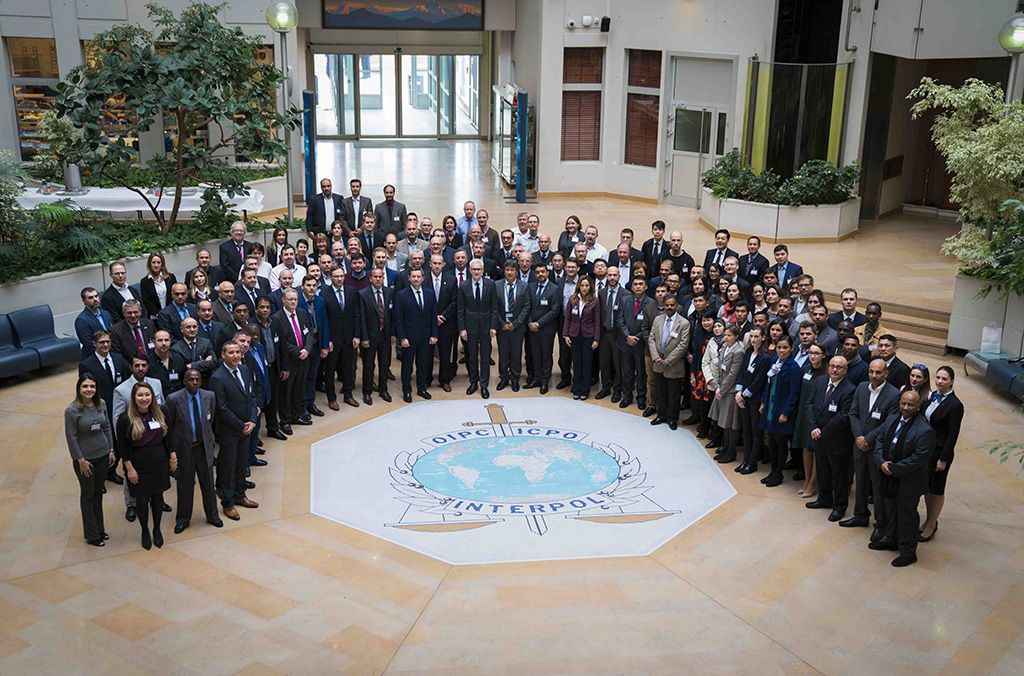LYON, France – Responding to the threats posed by foreign terrorist fighters (FTFs), INTERPOL is working to increase the use of its biometrics databases and capabilities to better track their movements globally.
Launched earlier this year, Project First is among INTERPOL’s initiatives to assist law enforcement in member countries in enhancing their border security through the use of biometric data – such as fingerprints and facial recognition – on FTFs and other individuals linked to terrorist activities.
Underscoring the growing recognition of biometrics as a critical tool against transnational crime, speakers at the 1st INTERPOL Fingerprint and Face Symposium, organized by INTERPOL’s Fingerprints unit, included the UN Counter-Terrorism Committee Executive Directorate, the UK ACRO Criminal Records Office and the Biometrics Institute.
The two-day (5 and 6 December) conference brought together some 125 experts in the fields of fingerprint examination and facial recognition from 58 countries, private sector partners and academia to discuss the latest biometric tools and techniques.
With member countries sharing examples of potentially dangerous individuals identified as the result of integrating INTERPOL’s biometrics databases into their border checks, the participants also discussed the need for improving the quality of biometric data shared for more accurate identifications which can be used in prosecutions.
INTERPOL Secretary General Jürgen Stock highlighted the importance of law enforcement moving from a ‘need to know’ to a ‘need to share’ culture relating to biometric data on known and suspected terrorists, and ensuring that this data reaches officers on the frontlines in a timely manner.
“It is vital for our membership to continue the information flow through INTERPOL’s secure platform, as the proven method to close information gaps,” said the INTERPOL Chief.
INTERPOL’s fingerprint database contains more than 180,000 records supporting more than 40,000 searches every year, leading to more than 1,700 global identifications in 2017. A facial images database was launched in 2016 with data provided by more than 135 countries and has generated some 50 positive ‘hits’ in its first year.
With the exchange of forensic data in international investigations ‘a core, fundamental aspect of INTERPOL’s policing capabilities’, Secretary General Stock pointed to a case where Greek authorities ran checks of migrants arriving by boat against INTERPOL’s fingerprint database, leading to the identification of an individual wanted in connection with a terrorist attack in the Caucasus.






